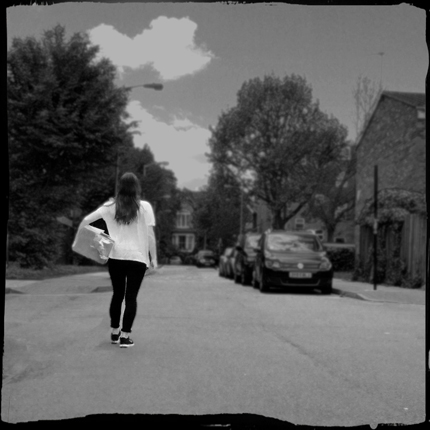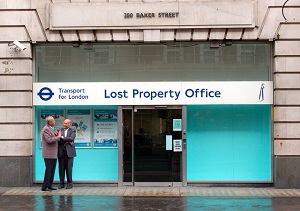You have no items in your cart. Want to get some nice things?
Go shopping
Today, we have a collective fascination with unearthing trauma and airing it in public; stoked by psychoanalysis and pseudo-psychoanalysis, it sometimes feels as if we live in an extended Four Yorkshiremen sketch of miserable one-upmanship. As such, psychiatrists are the de facto gatekeepers to the truth, our spirit guides to the “bad memories” that drive us. Unpleasant experiences should never be repressed or stifled; instead, collective wisdom decrees, they are something to be celebrated on the path to discovering the “real you”. This is not a truth that Anna Weiss, a short play currently showing at The Space in the Isle of Dogs, accepts unquestioningly.
It opens with Lynn, a troubled twenty-year-old, preparing to confront her father about the years of childhood abuse she suffered at his hands. Slowly, however, one is led to suspect that her memories of graphic sexual violence are not wholly trustworthy. Her friend Anna at first appears to be a worried bystander, watching as Lynn unravels, but slowly her role in assisting Lynn to “remember” previously forgotten memories is revealed.
First written in the 1990s when court cases surrounding False Memory Syndrome were in the media spotlight, this play by Mike Cullen has a different resonance now twenty years later as we enter a more technological and connected world. At a time when cultures are increasingly homogenising and individual memories are increasingly plastered across Facebook and Twitter to be “shared”, the concept of the individual memory as opposed to the collective is one that is rarely examined.
With the arrival of Lynn’s father the world of fiction and reality are pitted against each other as he denies that any abuse ever took place. Caught between a desire to make his daughter better and an adherence to his memories he is torn apart as the accusations flood in. As tensions rise between the manipulative Anna and the father it becomes apparent that the memories of sexual abuse are not Lynn’s own but have been transferred through the very therapy that claims to cure her. Lynn’s refusal to accept that her remembered memories are false raises thought-provoking issues but unfortunately the play does little to explore these.
If a person truly believes a false memory is theirs what does it mean for anyone else to tell them it isn’t true? If somebody has a false memory planted by hypnosis from someone else, who then “owns” the memory? Does the person who experienced the memory first have prior right? Is it the person who “feels” it most intensely? Or the person who recalls that particular memory most frequently?
The play ends before really exploring any of the issues it raises, choosing instead to focus on the more mundane question of how false accusations can tear a family apart. The fascinating possibilities raised by Anna’s transference of memories deserve a more thorough treatment to be really satisfying on the stage as otherwise it risks becoming mere voyeurism.
The cast perform well enough, creating a diverting glimpse in to the realm of false memories, but ultimately the characters feel like they need more space to breathe in order to have the impact the subject deserves.
Anna Weiss continues at The Space until September 13.

About Lochlan Bloom
Lochlan Bloom is a British novelist, screenwriter and short story writer. The BBC Writersroom describes his writing as ‘unsettling and compelling… vivid, taut and grimly effective work’. He is the author of the novel The Wave as well as the short fiction pieces – Trade and The Open Cage. He has written for IronBox Films, BBC Radio, Slant Magazine, Litro Magazine, Porcelain Film, EIU, H+ Magazine and Calliope, the official publication of the Writers’ Special Interest Group (SIG) of American Mensa, amongst others




